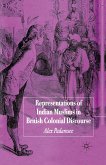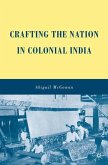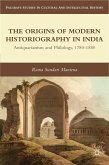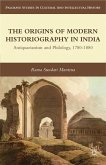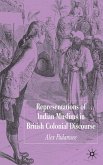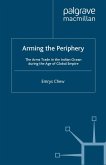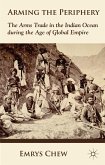This study questions current views that Muslims represented a secure point of reference for the British understanding of colonial Indian society. Through revisionary readings of a wide range of texts, it re-examines the basis of the British misperception of Muslim 'conspiracy' during the 'Mutiny'. Arguing that this belief stemmed from conflicts inherent to the secular ideology of the colonial state, it shows how in the ensuing years it produced representations ridden with paradox and requiring a form of descriptive segregation.
Hinweis: Dieser Artikel kann nur an eine deutsche Lieferadresse ausgeliefert werden.
Hinweis: Dieser Artikel kann nur an eine deutsche Lieferadresse ausgeliefert werden.
'...a welcome addition to the field of post-colonial literature on South Asia. It provides an overview of key British colonial texts, elaborating specifically the context in which the Mutiny took place. Arguably its most important contribution is to open fresh avenues for studying the effects of colonial discourses on contemporary social and political identity construction among Muslims in India,South Asia generally and the world today.' - Faris Nasrallah, SOAS, University of London, South Asia Research


